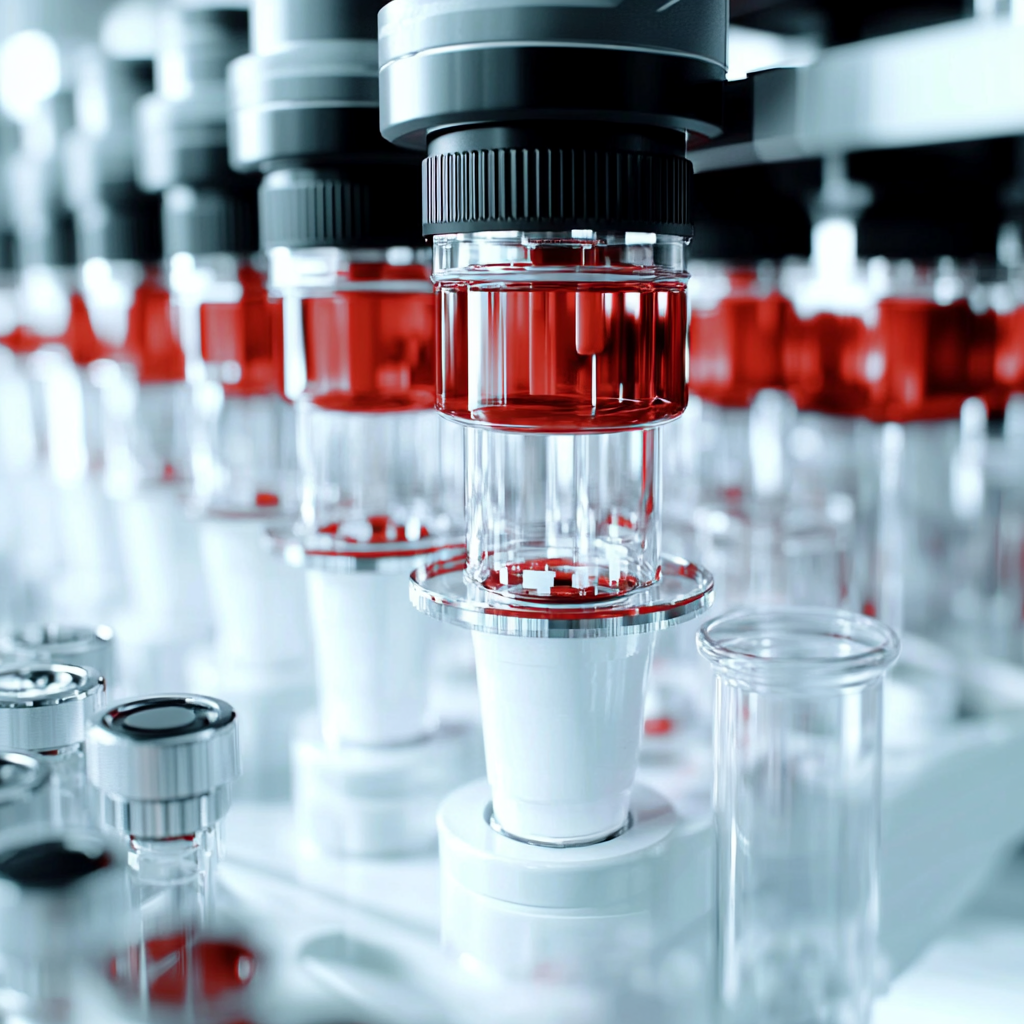Introduction
This study explores how resistance training and dietary protein affect inflammation in colon cancer patients receiving chemotherapy. It also looks at how inflammation relates to treatment intensity and body composition.
Methods
A clinical trial involved 174 colon cancer patients. They were divided into two groups: one followed a home-based resistance training program, while the other received usual care. Researchers measured inflammation markers before and after chemotherapy and assessed body composition using advanced imaging techniques.
Results
Both groups showed similar changes in inflammation markers, meaning resistance training did not significantly alter these levels. However, patients with higher inflammation markers at the start were more likely to receive a higher dose of chemotherapy. Additionally, those with higher inflammation levels also had higher body mass index and fat mass.
Conclusion
The study found that resistance training did not significantly affect inflammatory markers in colon cancer patients during chemotherapy. However, inflammation levels were linked to body composition. More research is needed to understand how these factors influence treatment outcomes.
Practical Healthcare Results and Solutions
Define Measurable Outcomes
Clinics should set clear goals to measure the impact of resistance training on inflammation and treatment outcomes in colon cancer patients.
Select AI Tools That Fit Clinical Needs
Choose AI solutions that meet specific needs related to managing inflammation and treatment tracking in colon cancer care.
Implement Step by Step and Expand
Start with a pilot project to test the impact of resistance training and track results using AI tools. This will help understand the real-world effects of these interventions.
Contact Us for AI Solutions in Medical Management
For more information, reach out to us:
Telegram: https://t.me/itinai
LinkedIn: https://www.linkedin.com/company/itinai/




























